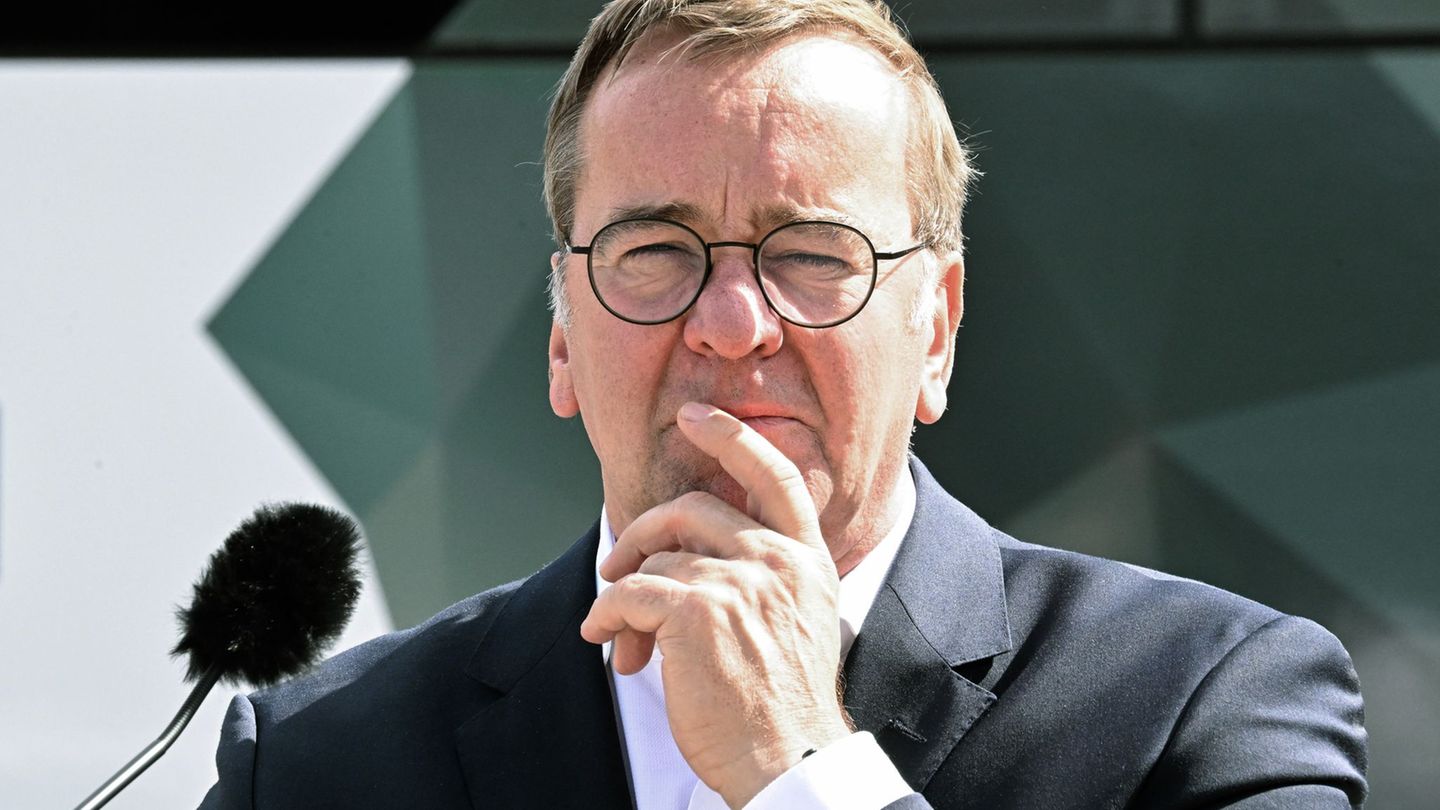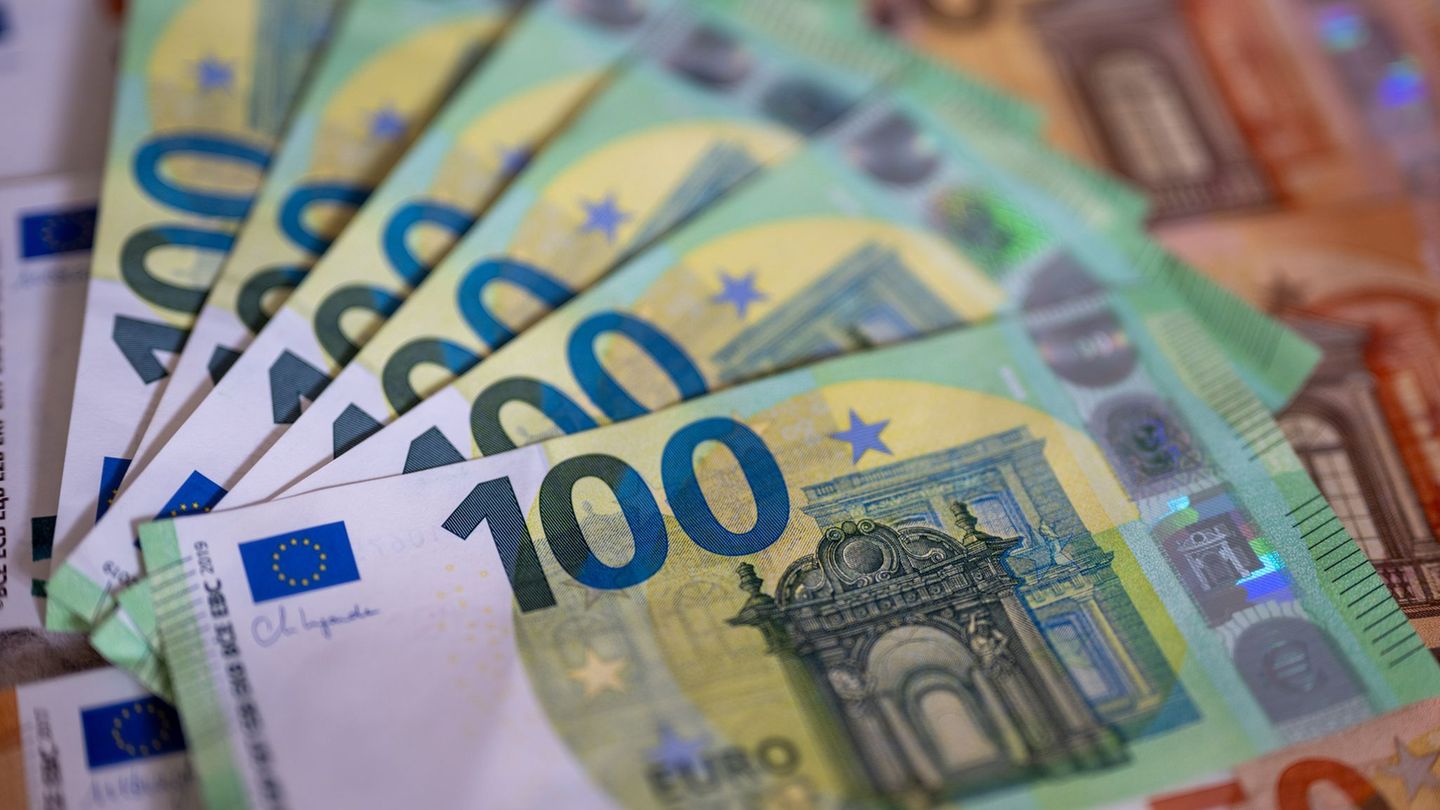Menu
Historical unification: Economists: Financial package brings economic plus and debt mountain
Categories
Most Read
Crisis in France: S&P lowers rating: France is threatened with higher interest payments
October 18, 2025
No Comments
Why the price of gold could rise even more dramatically
October 18, 2025
No Comments
The widow’s pension is offset against your own pension
October 18, 2025
No Comments
Migration of companies: shareholder advocates support Merz’s push for a European stock exchange
October 18, 2025
No Comments
What are the modifications that are coming?
October 17, 2025
No Comments
Latest Posts

Military Service Law: Pistorius: Comprehensive military service deters Russia
October 18, 2025
No Comments
IvanI have been working in the news industry for over 6 years, first as a reporter and now as an editor. I have covered politics

Israel will keep the Rafah crossing closed despite the Palestinian announcement of reopening
October 18, 2025
No Comments
October 18, 2025 – 18:18 The government of Benjamin Netanyahu confirmed that it will maintain restrictions at the border crossing and linked any opening to

As part of the peace agreement, Hamas will hand over the remains of two other hostages to Israel
October 18, 2025
No Comments
While the international focus continues to guarantee the ceasefire in the Gaza Stripthe Palestinian movement Hamas confirmed this Saturday that at 10 p.m. this Saturday
24 Hours Worlds is a comprehensive source of instant world current affairs, offering up-to-the-minute coverage of breaking news and events from around the globe. With a team of experienced journalists and experts on hand 24/7.

